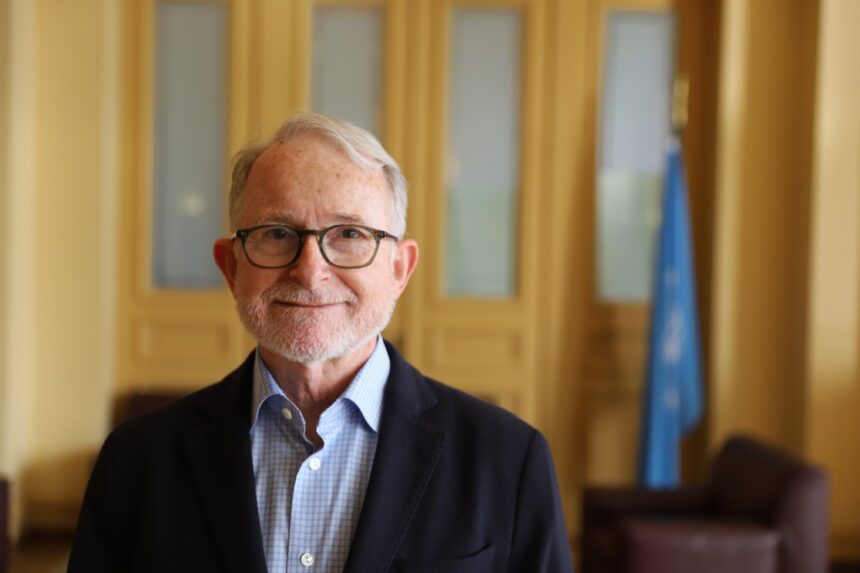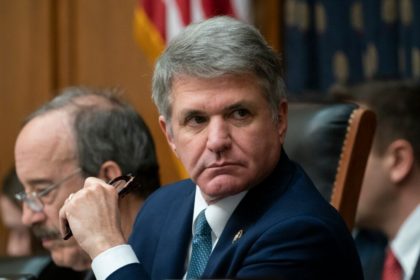RASC News Agency: Richard Bennett, the United Nations Special Rapporteur on the situation of human rights in Afghanistan, has issued a sharp rebuke of the Taliban’s enforcement of its “Promotion of Virtue and Prevention of Vice” law, warning that the group’s ongoing policies are steering the country away from its international legal commitments and further eroding the rights of its citizens. In a statement published on the social platform X on Friday, April 11, Bennett responded to UNAMA’s latest findings, noting: “The new UNAMA report sheds additional light on the oppressive and discriminatory nature of these regulations and their devastating impact on the lives of all Afghanistanis particularly women and girls.”
On Thursday, April 10, the United Nations Assistance Mission in Afghanistan (UNAMA) released a detailed report examining the implementation and societal consequences of the Taliban’s morality law between August 21, 2024, and March 31, 2025. The report underscores the expanding authority and structural entrenchment of the so-called Ministry for the Promotion of Virtue and Prevention of Vice an institution whose practices, UNAMA contends, run counter to Afghanistan’s obligations under international human rights law.
According to the report, agents of the ministry referred to as mohtasebeen have been granted sweeping and unchecked powers, including the ability to carry out arbitrary arrests and confiscate personal property without due process. The United Nations Security Council has formally called for the immediate repeal of the law, citing its incompatibility with basic human rights principles and its role in deepening repression. Bennett, who was banned by the Taliban from entering Afghanistan in 2024 on accusations of “spreading propaganda against the government,” reaffirmed his commitment to documenting abuses regardless of physical access. “This prohibition will not hinder our mission to monitor and expose human rights violations,” he asserted.
Previously, on June 18, 2024, Bennett addressed the 56th session of the UN Human Rights Council, describing the state of human rights in Afghanistan as “exceptionally dire.” He highlighted the systematic suppression of women, ethnic and religious minorities, civil society actors, and independent media under the Taliban’s de facto rule. The latest UNAMA report has intensified calls for coordinated international action to hold the Taliban accountable and to protect Afghanistan’s most vulnerable populations. Analysts warn that the continued institutionalization of extremist policies under the guise of moral enforcement not only further marginalizes millions but also isolates Afghanistan from the international community at a time when its humanitarian crisis is growing more severe by the day.






